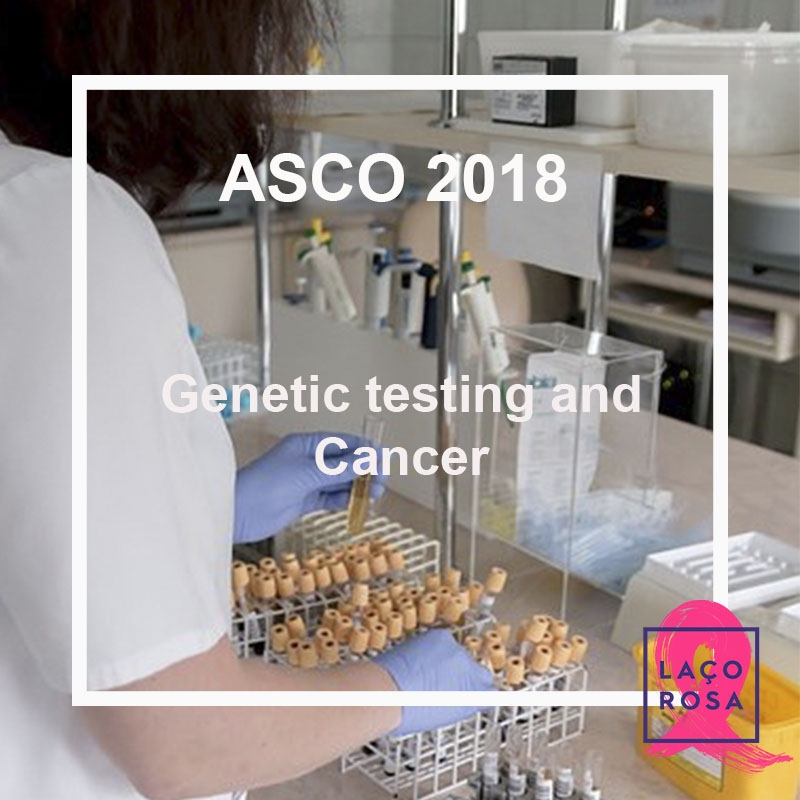Last year it was approved by the FDA, a US health agency, a test that diagnoses genetic mutations in 324 genes and two genomic signatures in any type of solid tumor, the FoundationOne CDx. Soon after this approval, it was determined that these tests should be made available, too, to patients with advanced cancer.
Although this technological innovation brings many benefits, such as an economy in resource management, there are some issues that were addressed by former ASCO President, Peter Paul Yu, MD, FASCO, FACP, from Memorial Sloan Kettering Cancer Center and from Hartford HealthCare Cancer Institute.
Dr. Peter Yu pointed out questions such as, which patient should be tested and when, the importance of understanding that this test has limitations and how to interpret the results. As an innovative technology is being discussed, what is known about it may be irrelevant here for some time due to its constant development.
About the cost benefit
According to ASCO President Howard A. Burris III, MD, FASCO, of the Sarah Cannon Research Institute, through these genetic tests, it is possible to guide the patient to the most appropriate treatment. The tests allow you to create a patient profile with information about the tumor that makes the treatment more assertive. Therefore, resources in other treatments that would not be efficient for a given patient are not "wasted".
Responsible use
Doc. Leonard B. Saltz, of Memorial Sloan Kettering Cancer Center, highlighted the importance of responsible use of these technologies. Genetic testing is not recommended for all patients and furthermore, although it allows a more targeted treatment, it does not guarantee the cure of the patient. According to him, it is necessary to maintain the balance between positivism and reality in order to help patients in the best way.
Source: ASCO

